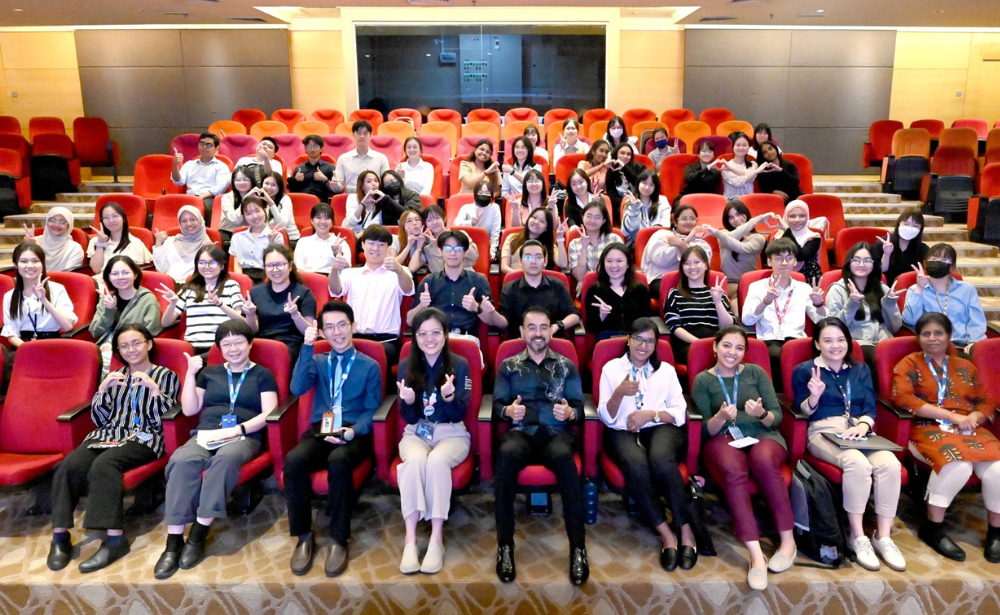Students from the Faculty of Pharmacy at SEGi University recently engaged in a seminar on pharmacogenomics, diving into the science of how genetics shape individual responses to medication. The session, led by a pharmacist from Alpro Pharmacy, offered practical insights into the future of healthcare where treatments are tailored to each person’s genetic profile rather than a one-size-fits-all approach.
Pharmacogenomics is rapidly gaining global traction. According to the US National Institutes of Health, adverse drug reactions are among the top ten leading causes of death in some countries, and personalised medicine can significantly reduce these risks. By introducing SEGi students to real-world applications, including case studies from community pharmacy settings, the seminar prepared them to contribute to a healthcare system that is both safer and more effective.
The involvement of SEGi College Subang Jaya’s students in such forward-looking training reflects the institution’s commitment to producing graduates who are not only academically strong but also industry-ready. By engaging with practising pharmacists and current industry trends, learners are equipped with critical insights on integrating pharmacogenomics into patient care. This directly supports Malaysia’s National Policy on Science, Technology, and Innovation 2021–2030, which emphasises the importance of biotechnology and precision medicine in strengthening the country’s healthcare system (MOSTI).
Globally, the pharmacogenomics market is projected to surpass USD 12 billion by 2030, driven by demand for more precise and cost-effective treatments. By exposing students to this rapidly growing field, SEGi ensures that its pharmacy graduates are well positioned to meet industry needs, contribute to research, and improve community health outcomes.
This initiative demonstrates why SEGi invests in such seminars: to bridge the gap between classroom learning and the dynamic demands of modern healthcare. Students who experience this kind of engagement are not only more prepared for their careers, but they are also aligned with the global movement towards sustainable healthcare that prioritises patient safety, innovation, and accessibility.
This event is organised in support of the following United Nations Sustainable Development Goals (SDG):
SDG 3: Good Health and Well-being
SDG 4: Quality Education
SDG 9: Industry, Innovation and Infrastructure

